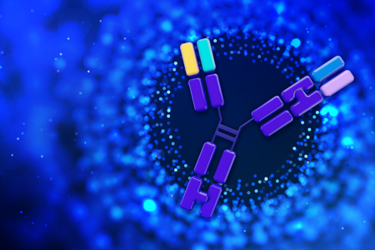Redefining Bispecific Antibody Development With Structural Innovation And Enhanced Manufacturability
By Kihong Kim, Samsung Biologics

Bispecific antibodies (bsAbs) represent a major advancement in therapeutic antibody development by enabling the simultaneous binding of two distinct targets. This dual-targeting ability provides several benefits over traditional monoclonal antibodies (mAbs), such as enhanced tumor specificity, improved therapeutic potency, and the ability to overcome resistance mechanisms. In oncology, bsAbs can bridge tumor cells and immune effectors, promoting targeted immune responses while minimizing damage to healthy tissue.
However, the structural complexity of bsAbs—consisting of two different heavy and light chains—introduces significant challenges during production. A major issue is chain mispairing, which leads to the formation of incorrect or non-functional antibody variants. These mispaired molecules are often difficult to distinguish from correctly assembled bsAbs due to their similar physicochemical properties, complicating purification and reducing overall product yield and quality. This results in higher production costs and limits scalability. Addressing these issues requires innovative approaches, including improved molecular design to favor correct pairing, optimized manufacturing processes, and advanced analytical techniques to detect and remove impurities. Overcoming these manufacturing hurdles is critical to fully realizing the therapeutic promise of bsAbs and making them more widely accessible for clinical use across a range of diseases.
Get unlimited access to:
Enter your credentials below to log in. Not yet a member of Outsourced Pharma? Subscribe today.
